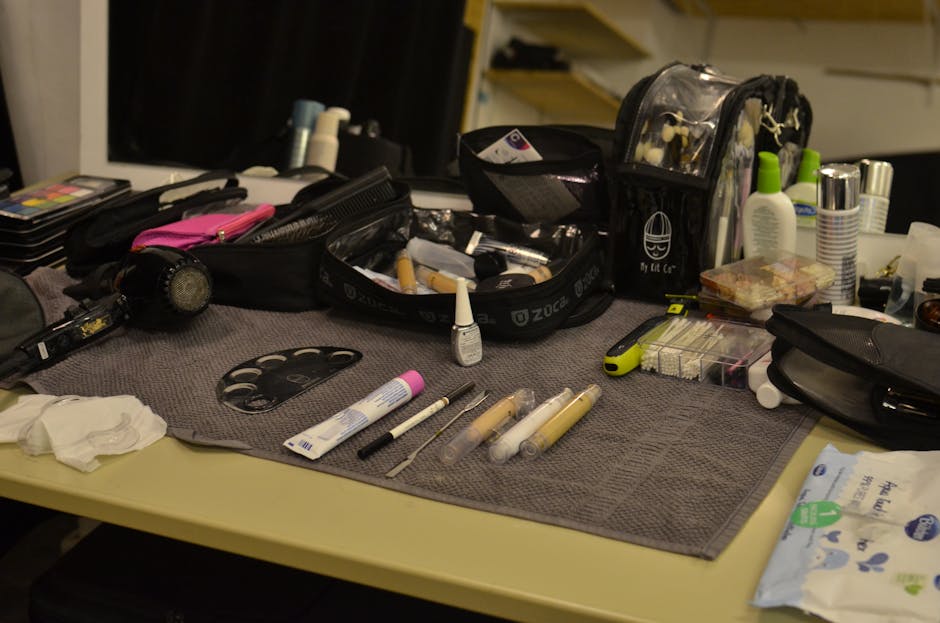Three Pioneering Pediatric Cancer Researchers Awarded Funding for Exceptional Science
LOS ANGELES – Jan. 16, 2024 – PRLog — The Pablove Foundation’s 2024 Childhood Cancer Research Grantees were announced today, awarding funding to three leading cancer researchers. This year’s recipients are: Eunice Lopez Fuentes PhD of University of California, San Francisco, Inga-Marie Schaefer MD of Brigham and Women’s Hospital, Boston, MA and Aasef G. Shaikh MD, PhD of Functional Electrical Stimulation Institute, Cleveland, OH.
The grants were selected by The Pablove Foundation’s esteemed Scientific Advisory Committee based on their scientific excellence in addressing pressing issues faced by kids with cancer.
“This year is extra special as these grants were funded in partnership with cancer families as part of Pablove’s Fund-Your-Own Research model.” says Emily Keith, Executive Director of The Pablove Foundation.
Pablove’s Fund-Your-Own Research program allows advocates to mobilize fundraising around a specific type of cancer research. The Burns, The Horvaths and The Viswanathas, 3 families directly impacted by childhood cancer, helped provide the funds necessary to support these groundbreaking proposals.
Pablove’s seed grants provide initial funding that allows young investigators with bold ideas to collect the data necessary to qualify for large-scale federal grants. Each grantee receives a $50,000-$100,000 grant to fund their proposal, with the potential to extend funding.
“Cancer is the leading cause of death by disease in children and teens. The need for innovation in the childhood cancer community is real and urgent. Pablove continues to power the next wave of scientific progress because our kids deserve more. We are proud to connect brilliant researchers with the funding necessary to advance safer treatments and cures. Our grants exist so that every parent of a child diagnosed with cancer has the hope to watch them grow into a healthy, happy adult,” says Keith.
Dr. Lopez Fuentes’ research at UCSF seeks to unravel how Osteosarcoma develops and identify targets for therapeutic intervention. There is a need for novel combination therapies in Osteosarcoma. If successful, Dr. Lopez Fuentes’ studies could establish a new paradigm for the design of clinical trials. This grant was funded in partnership with The Burns family of Wilmington, Delaware, whose 9-year old son, Gavin, was diagnosed with Ewing Sarcoma in 2022: undergoing a difficult treatment of chemotherapy, radiation, and a below-knee amputation.
“We’re incredibly proud to be able to take our difficult situation and turn it into something that could potentially change how we treat bone cancer. Our kids deserve better treatment options, and we are grateful to our community for supporting our goal to make a difference,”
The project led by Inga-Marie Schaefer MD of Brigham and Women’s Hospital will study uniquely developed sarcoma cell lines to shed light on how the disease develops in kids. The work will leverage the first-ever patient-derived preclinical models of CIC-rearranged sarcoma to identify biologic vulnerabilities. If successful, the results would pave the way for a clinical trial evaluating urgently-needed targeted therapies for patients with this aggressive sarcoma. This grant is funded in partnership with The Horvath family of Lexington, MA, whose 12-year-old son, Colby, is a childhood cancer survivor and passionate advocate.
“We are thrilled to fund our second research grant with the Pablove Foundation. Colby’s journey has fueled our collective determination that curing childhood cancer should not be a possibility, but a promise. Every dollar we fundraise contributes to a brighter future for children like Colby. We are looking forward to seeing how Dr. Schafer’s research will impact childhood sarcoma treatment,” says Courtney Horvath, mom of Colby.
Dr. Aasef G. Shaikh’s project at Functional Electrical Stimulation Institute in Cleveland, OH uses computer simulations to further our understanding of Opsoclonus and identify potential treatments. This will expand our understanding of what causes the chaotic involuntary eye shaking associated with OMS. This grant was funded in partnership with The Viswanathas, whose daughter, Keira, is affected by the rare autoimmune disorder associated with Neuroblastoma.
This year marks $3.8 Million across 56 seed grants awarded by The Pablove Foundation. Pablove continues to advance safer, less-toxic treatments and improve quality of life for kids with cancer. To learn more about funding your own Childhood Cancer Research Grant visit: https://www.pablove.org/
For more information about The Pablove Foundation visit: https://www.pablove.org
